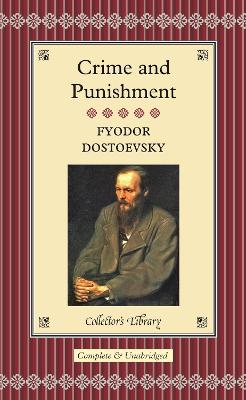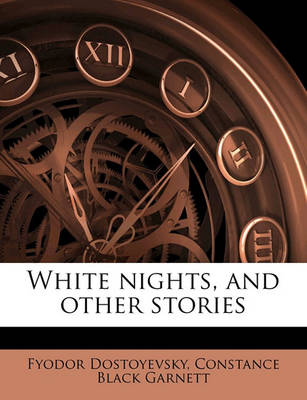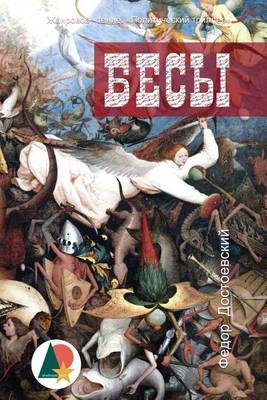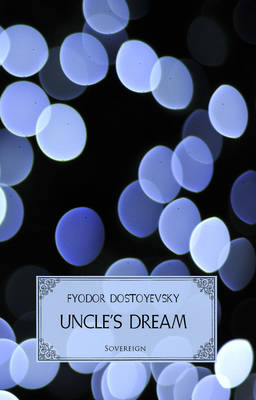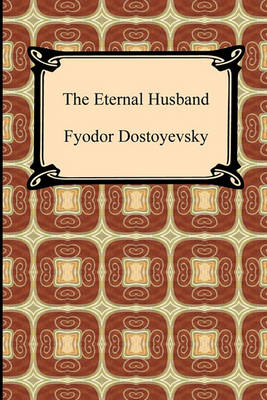World Classics
7 total works
Crime and Punishment is the story of a brutal double murder and its aftermath. Raskolnikov, a poor student, kills a pawnbroker and her sister, and then has to face up to the moral consequences of his actions. The novel is compelling and rewarding, full of meaning and symbolism, and raises profound questions about the individual and society, and the nature of free will.
Translated by Constance Garnett, with an Afterword by Oliver Francis.
Returning to St Petersburg from a Swiss sanatorium, the gentle and naïve epileptic Prince Myshkin— known as the “idiot”—pays a visit to his distant relative General Yepanchin and proceeds to charm the General and his family. But his life is thrown into turmoil when he chances on a photograph of the beautiful Nastasya Filippovna. Utterly infatuated, he soon finds himself caught up in a love triangle and drawn into a web of blackmail, betrayal, and finally, murder. In Prince Myshkin, Dostoyevsky portrays the purity of “a truly beautiful soul” and explores the perils that innocence and goodness face in a corrupt world.
David McDuff's translation brilliantly captures the novel's idiosyncratic and dream-like language and the nervous, elliptic flow of the narrative. This edition also contains an introduction by William Mills Todd III, which is a fascinating examination of the pressures on Dostoyevsky as he wrote the story of his Christ-like hero.
White Nights, and Other Stories
by Fyodor Dostoyevsky and Constance Garnett
Pyotr and Stavrogin are the leaders of a Russian revolutionary cell. Their aim is to overthrow the Tsar, destroy society, and seize power for themselves. Together they train terrorists who are willing to lay down their lives to accomplish their goals. But when the group is threatened with exposure, will their recruits be willing to kill one of their own to cover their tracks? Savage and powerful yet lively and often comic, Demons was inspired by a real-life political murder and is a scathing and eerily prescient indictment of those who use violence to serve their beliefs.
This remarkably edgy and suspenseful tale shows that, despite being better known for his voluminous and sprawling novels, Fyodor Dostoevsky was a master of the more tightly-focused form of the novella.
The Eternal Husband may, in fact, constitute his most classically-shaped composition, with his most devilish plot: a man answers a late-night knock on the door to find himself in a tense and puzzling confrontation with the husband of a former lover—but it isn’t clear if the husband knows about the affair. What follows is one of the most beautiful and piercing considerations ever written about the dualities of love: a dazzling psychological duel between the two men over knowledge they may or may not share, bringing them both to a shattering conclusion.
The Art of The Novella Series
Too short to be a novel, too long to be a short story, the novella is generally unrecognized by academics and publishers. Nonetheless, it is a form beloved and practiced by literature's greatest writers. In the Art Of The Novella series, Melville House celebrates this renegade art form and its practitioners with titles that are, in many instances, presented in book form for the first time.
